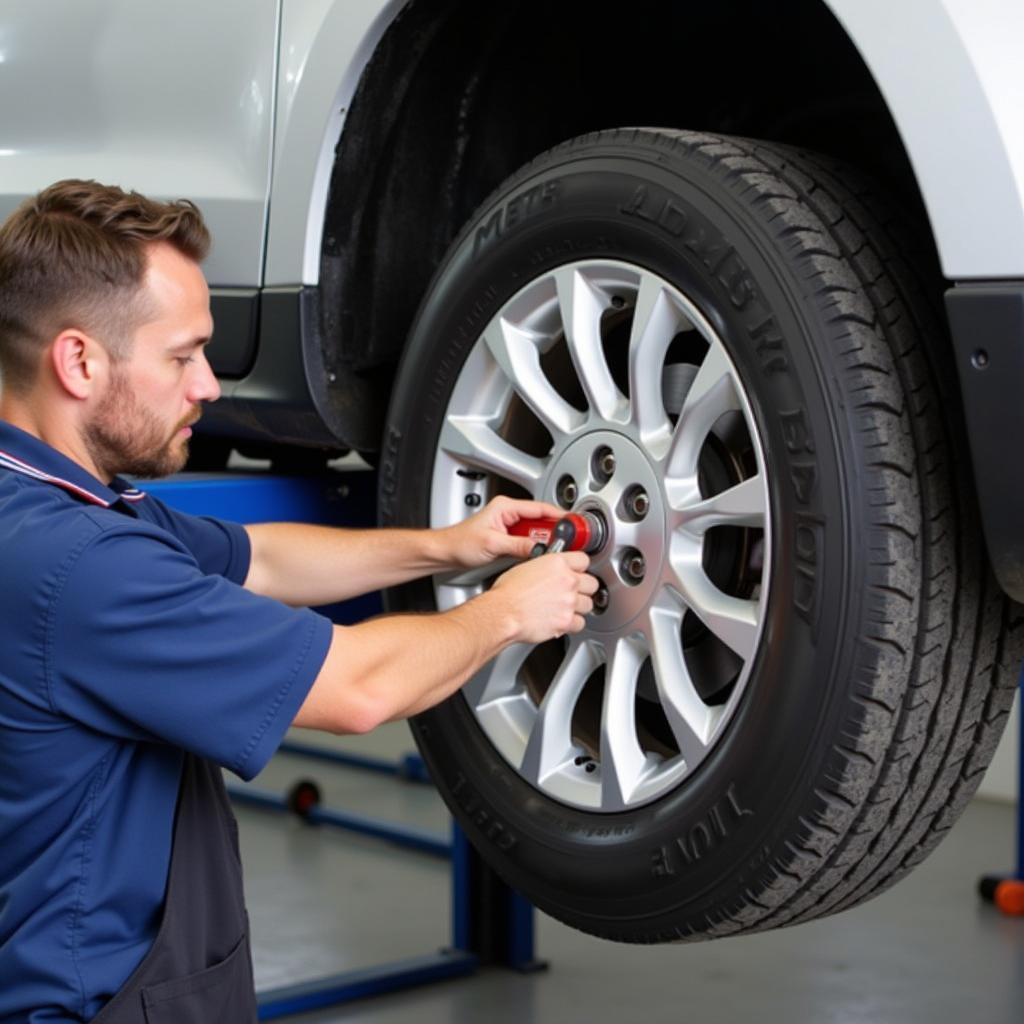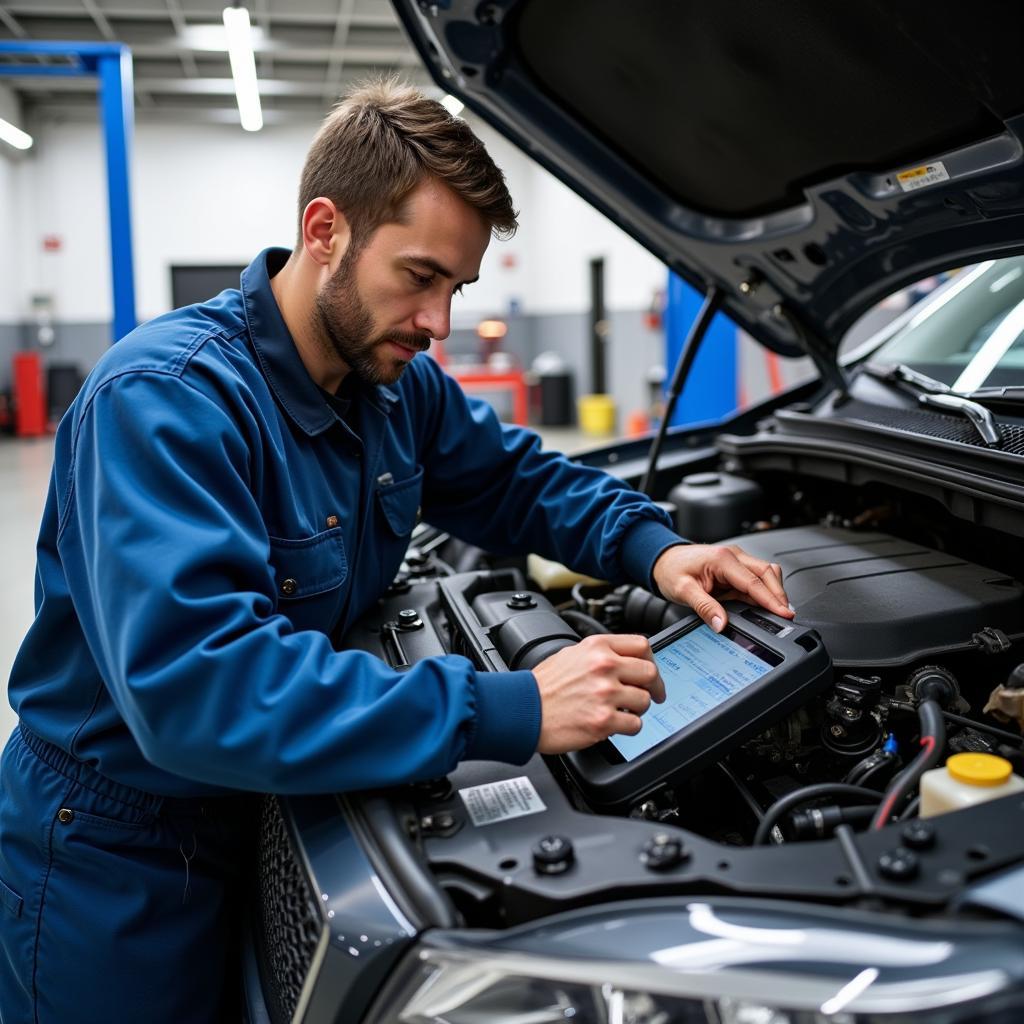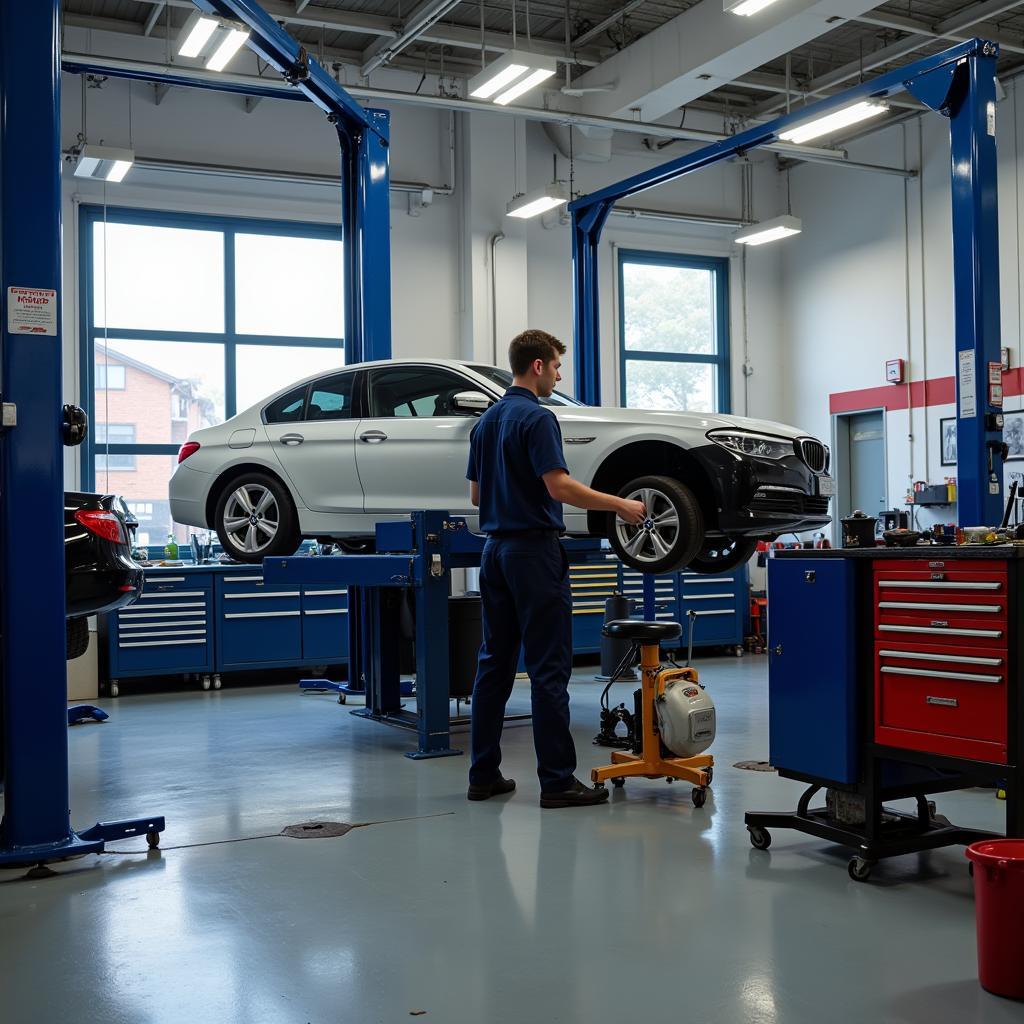What Are Some Preventive Care Services for Your Car?
Preventive car care services are essential for maintaining your vehicle’s health, ensuring its longevity, and preventing costly repairs down the road. Just like regular checkups with your doctor, consistent preventive maintenance can identify potential issues early on, saving you time, money, and stress in the long run. By investing in these services, you can keep your car running smoothly, safely, and efficiently for years to come.
Understanding the Importance of Preventive Car Care Services
Regular preventive care is the cornerstone of responsible car ownership. It’s about taking proactive steps to keep your vehicle in optimal condition, rather than waiting for something to break. This approach not only helps avoid unexpected breakdowns but also contributes to better fuel efficiency, improved safety, and a higher resale value for your car. Preventive maintenance allows mechanics to address minor issues before they escalate into major problems requiring extensive and expensive repairs. Think of it as an investment in your car’s future. What services are offered at an ambulatory care facility might offer some parallels to the comprehensive checks your car needs.
Did you know that regular oil changes can significantly extend the life of your engine? By lubricating the moving parts and preventing excessive wear and tear, fresh oil keeps your engine running smoothly and efficiently. Similarly, regular tire rotations ensure even wear and tear, maximizing tire lifespan and improving fuel economy.
 Tire Rotation for Preventive Car Care
Tire Rotation for Preventive Car Care
Key Preventive Care Services for Your Vehicle
There are several key preventive care services that every car owner should be aware of. These services cover a wide range of components and systems, ensuring that your vehicle remains in top condition. Here are some of the most important ones:
- Oil Changes: Regular oil changes are crucial for engine health. Consult your owner’s manual for the recommended oil change intervals for your specific make and model.
- Tire Rotations and Balancing: Rotating your tires helps ensure even wear and tear, extending their lifespan and improving handling.
- Brake Inspections: Regular brake inspections can identify worn brake pads or rotors, preventing potential safety hazards.
- Fluid Checks and Top-offs: Keeping your fluids (coolant, brake fluid, power steering fluid, etc.) at the proper levels ensures the smooth operation of various systems.
- Air Filter Replacement: A clean air filter ensures that your engine receives a sufficient supply of clean air, promoting efficient combustion.
- Battery Testing: Regular battery testing can help you avoid the inconvenience of a dead battery, especially during extreme weather conditions.
- Belt and Hose Inspections: Checking the condition of belts and hoses can prevent unexpected failures and potential engine damage.
- Spark Plug Replacement: Worn spark plugs can lead to reduced fuel efficiency and engine performance.
These services, while seemingly simple, play a significant role in maintaining your car’s overall health and performance. Remember, addressing minor issues early on can prevent them from developing into major problems. Who owns life care services? While not directly related to cars, this question highlights the importance of knowing who is responsible for maintaining essential services.
Why Choose Professional Preventive Care Services?
While some preventive maintenance tasks can be performed by DIY enthusiasts, entrusting your car to qualified professionals offers several advantages. Professional mechanics have the expertise, tools, and experience to thoroughly inspect your vehicle and identify potential issues that might go unnoticed by an untrained eye. They can also perform more complex tasks, such as wheel alignments and transmission services, ensuring that your car receives the comprehensive care it needs.
A health care services and what are basic health care services are good examples of how professional expertise is critical. Just as you wouldn’t diagnose your own medical conditions, you shouldn’t rely solely on your own judgment when it comes to your car’s maintenance.
 Professional Mechanic Conducting Car Inspection
Professional Mechanic Conducting Car Inspection
How Often Should You Schedule Preventive Maintenance?
The frequency of preventive maintenance depends on several factors, including your car’s make and model, your driving habits, and the operating conditions. Refer to your owner’s manual for the manufacturer’s recommended maintenance schedule. Generally, most vehicles require an oil change every 3,000 to 5,000 miles and a more comprehensive inspection every 15,000 to 30,000 miles.
What are some preventive care services? A Quick Recap
Preventive care services encompass a range of maintenance tasks designed to keep your car running smoothly and prevent costly repairs. From oil changes and tire rotations to brake inspections and fluid checks, these services are essential for maintaining your car’s health and longevity. By investing in preventive care, you can ensure a safer, more reliable, and more enjoyable driving experience. Who definition of health care services offers a good analogy – just as preventive healthcare keeps you healthy, preventive car care keeps your car running smoothly.
In conclusion, preventive car care services are not just an expense, but an investment in your vehicle’s long-term health and performance. By adhering to a regular maintenance schedule and addressing potential issues early on, you can avoid costly repairs, extend your car’s lifespan, and enjoy a safer and more reliable driving experience. Don’t wait for problems to arise; take proactive steps to keep your car in top condition.
Need help? Contact us via WhatsApp: +1(641)206-8880, Email: [email protected] or visit us at 456 Oak Avenue, Miami, FL 33101, USA. We have a 24/7 customer service team ready to assist you.

